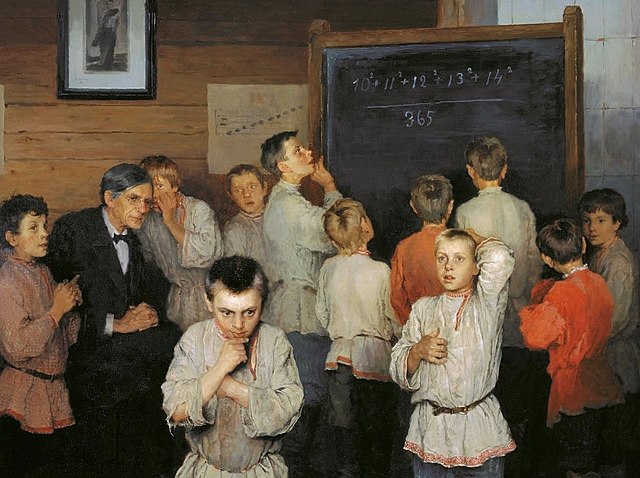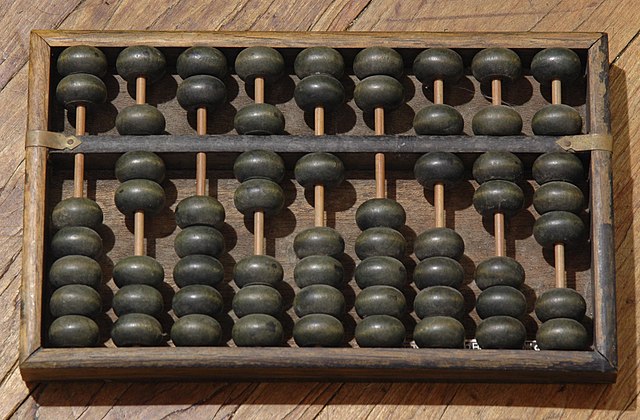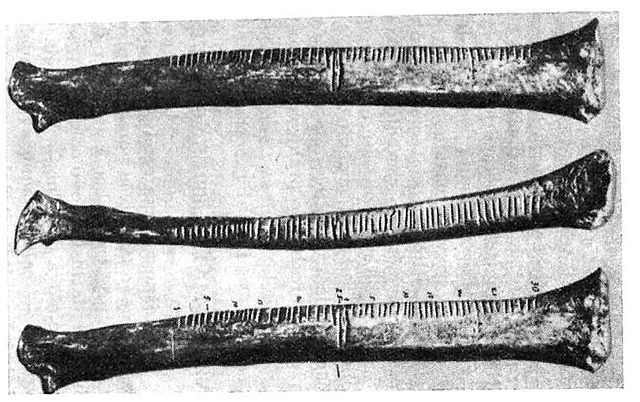Numeracy is the ability to understand, reason with, and apply simple numerical concepts. The charity National Numeracy states: "Numeracy means understanding how mathematics is used in the real world and being able to apply it to make the best possible decisions...It's as much about thinking and reasoning as about 'doing sums'". Basic numeracy skills consist of comprehending fundamental arithmetical operations like addition, subtraction, multiplication, and division. For example, if one can understand simple mathematical equations such as 2 + 2 = 4, then one would be considered to possess at least basic numeric knowledge. Substantial aspects of numeracy also include number sense, operation sense, computation, measurement, geometry, probability and statistics. A numerically literate person can manage and respond to the mathematical demands of life.

Children in Laos have fun as they improve numeracy with "Number Bingo". They roll three dice, construct an equation from the numbers to produce a new number, then cover that number on the board, trying to get four in a row.
Number bingo improves math skills. LPB Laos.
Arithmetic is an elementary branch of mathematics that studies numerical operations like addition, subtraction, multiplication, and division. In a wider sense, it also includes exponentiation, extraction of roots, and taking logarithms.
Calculations in mental arithmetic are done exclusively in the mind without relying on external aids.
Abacuses are tools to perform arithmetic operations by moving beads.
Some historians interpret the Ishango bone as one of the earliest arithmetic artifacts.
Image: Vlčí radius






